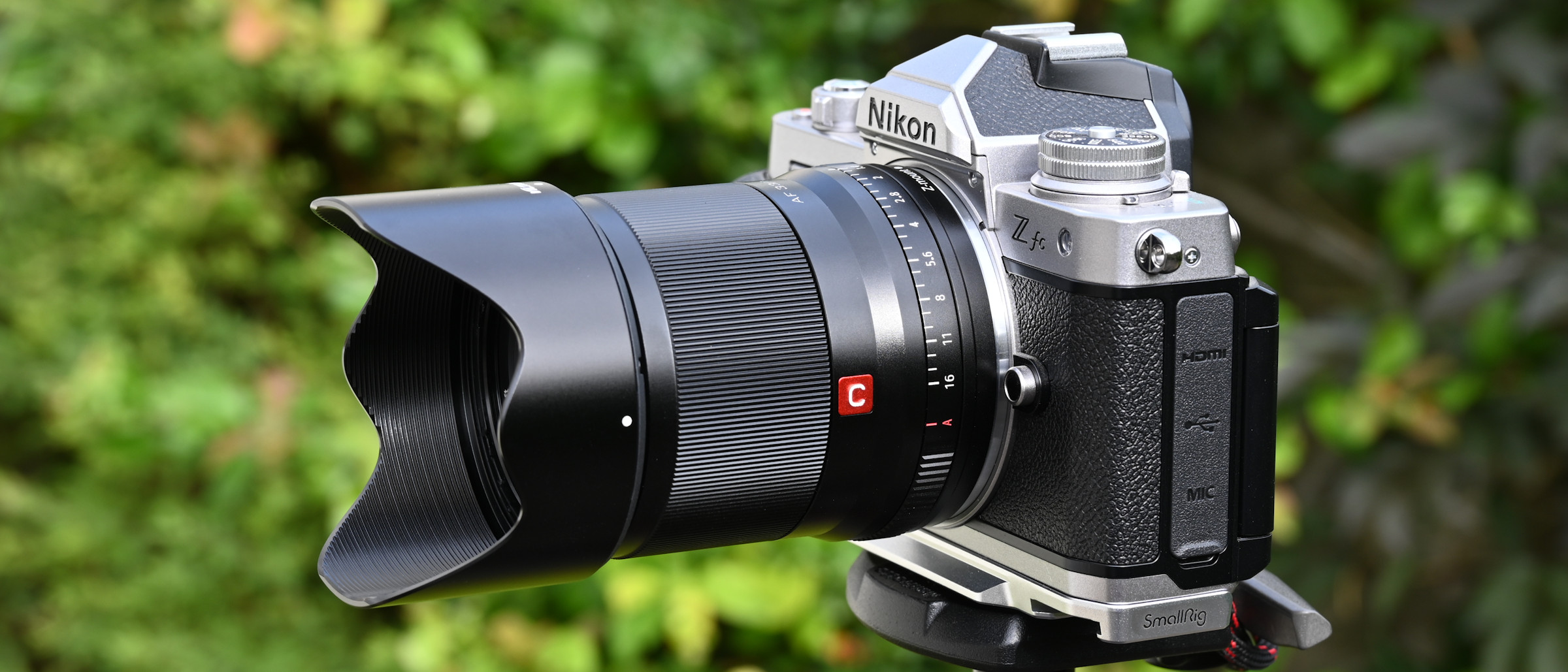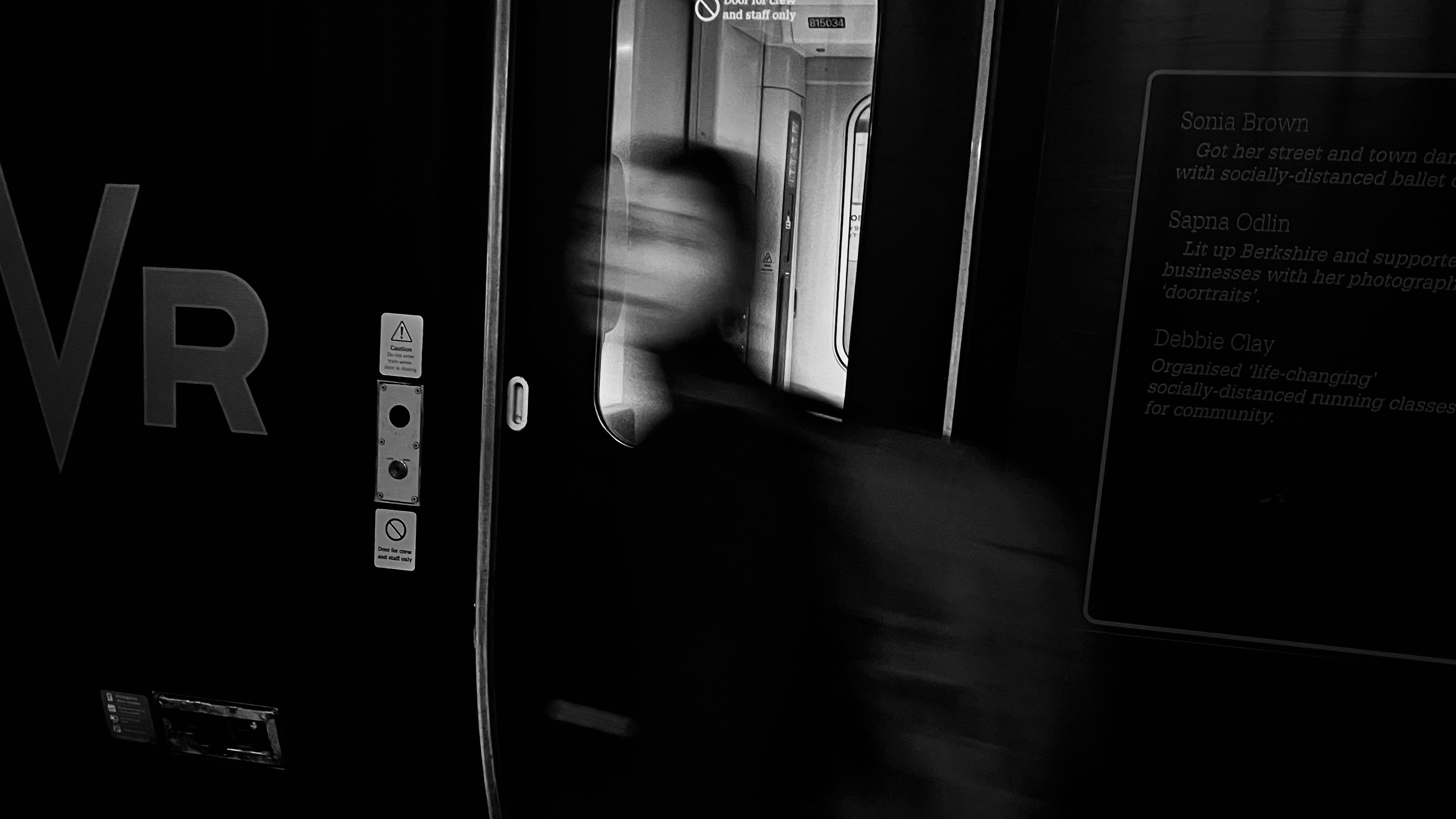Digital Camera World Verdict
Don’t be put off by this lens’s budget price tag. It’s immaculately turned out in a full metal jacket, including mounting plate, casing and petal-shaped hood. It also has refined handling characteristics complete with an aperture control ring and smooth-action focus ring, electronically coupled to its fast and consistently accurate linear stepping motor autofocus system. The Viltrox delivers excellent all-round performance and image quality and is a steal at the price for Canon EOS M, Fujifilm X, Nikon Z DX and Sony E system cameras.
Pros
- +
Impressive image quality
- +
Fast f/1.4 aperture
- +
Hands-on aperture control ring
Cons
- -
No aperture ring lock at ‘Auto’ position
- -
Aperture ring permanently ‘de-clicked’
- -
Lacks any weather-seals
Why you can trust Digital Camera World
The Viltrox AF 33mm F1.4 is one of a trio of lenses, all of which are very similar in size, weight and price, and they all have the same 52mm filter thread. Taking the APS-C crop factor into account, the 23mm, 33mm and 56mm focal lengths are effectively like using classic 35mm, 50mm and 85mm lenses on a full-frame camera, all with the same fast f/1.4 aperture. Catering to color preferences, various mount options are available in a choice of black, silver, red and white.
Specifications
Mount: Canon M, Fujifilm X, Nikon Z, Sony E
Full-frame: No
Autofocus: Yes
Stabilization: No
Lens construction: 10 elements in 9 groups
Angle of view: 45.2 degrees
Diaphragm blades: 9
Minimum aperture: f/16
Minimum focusing distance: 0.4m
Maximum magnification ratio: 0.1x
Filter size: 52mm
Dimensions: 65x72mm
Weight: 270g
Key features
Not to be confused with a number of fully manual ‘dumb’ lenses available for mirrorless cameras, this one is an altogether smart affair. It has a full complement of electronics for communication with the host camera body, enabling you to use the full range of PASM shooting modes and scene modes. It also features an aperture control ring for a more hands-on approach.
Autofocus is driven by a quick and virtually silent linear stepping motor, with the usual electronically coupled manual focus ring. The f/1.4 aperture rating enables quick shutter speeds for freezing motion, even under very dull lighting conditions, as well as a tight depth of field for isolating subjects within a scene.
Despite the inexpensive purchase price, there’s nothing low-budget about the glass in this lens. The total count of 10 elements includes one ED (Extra-low Dispersion) element and one HR (High Refractive index) element. There’s no skimping on coatings either, with HD Nano multi-layer coating applied to minimize ghosting and flare.
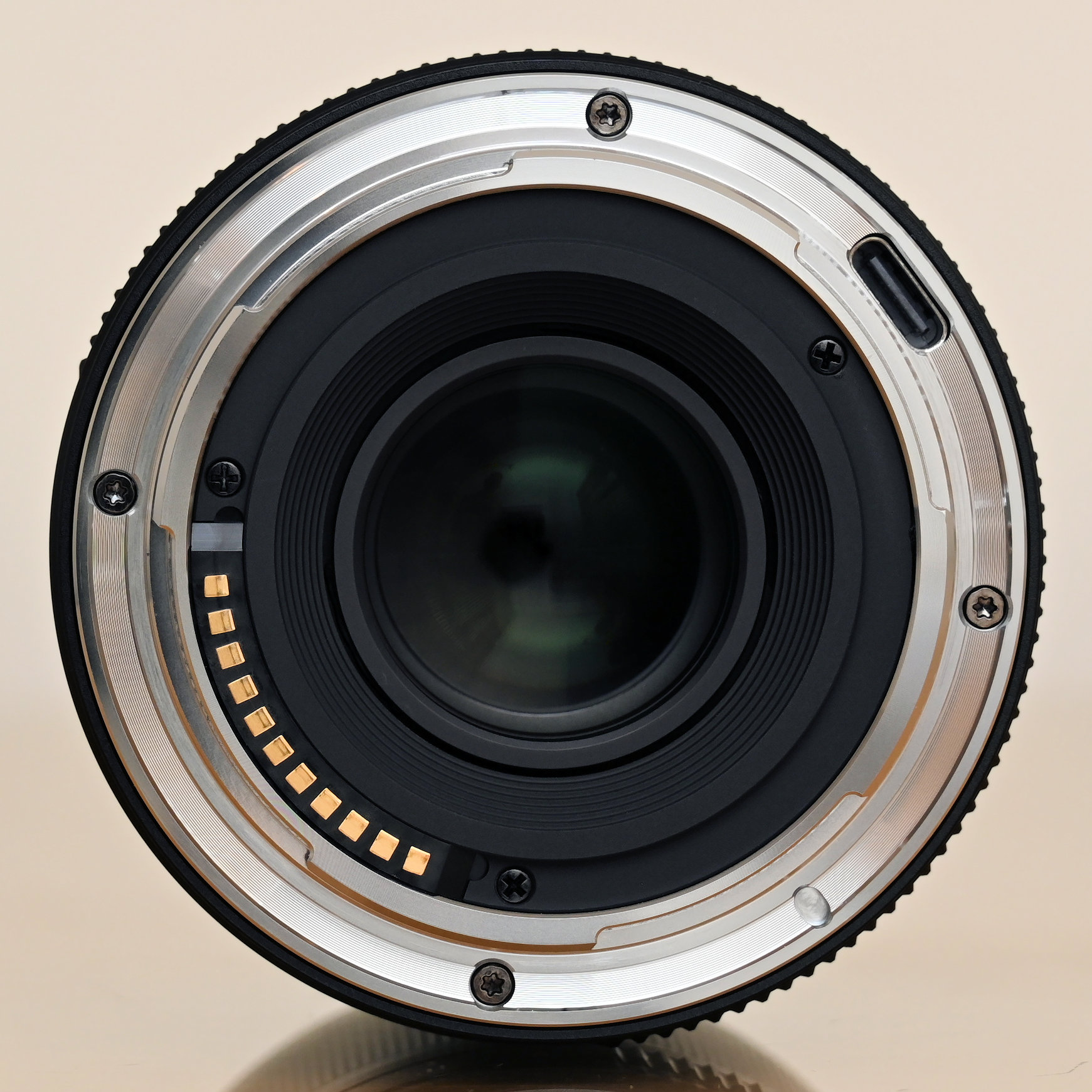
Build and handling
For a lens of this price, build quality is truly exceptional. It features a metal casing, metal mounting plate and even a metal hood. And if you’re not keen on the petal shaped hood supplied with the lens for most mount options, a rectangular hood is also available as an optional extra. The only minus point regarding build quality is that the lens lacks any weather-seals.
Handling is mostly excellent. The manual focus ring works with smooth precision and the permanently ‘de-clicked’ aperture ring is a definite plus point for videographers. It’s not such good news for shooting stills, however, as there’s no click-step option. Even so, you can easily set the aperture from the host camera if you’re in need of click-steps. More of a frustration is that there’s no switch to lock the aperture ring to its Auto position. Some care is needed not to nudge the ring away from this setting accidentally, otherwise you can find yourself shooting at apertures you didn’t intend to, kicking off with f/16.
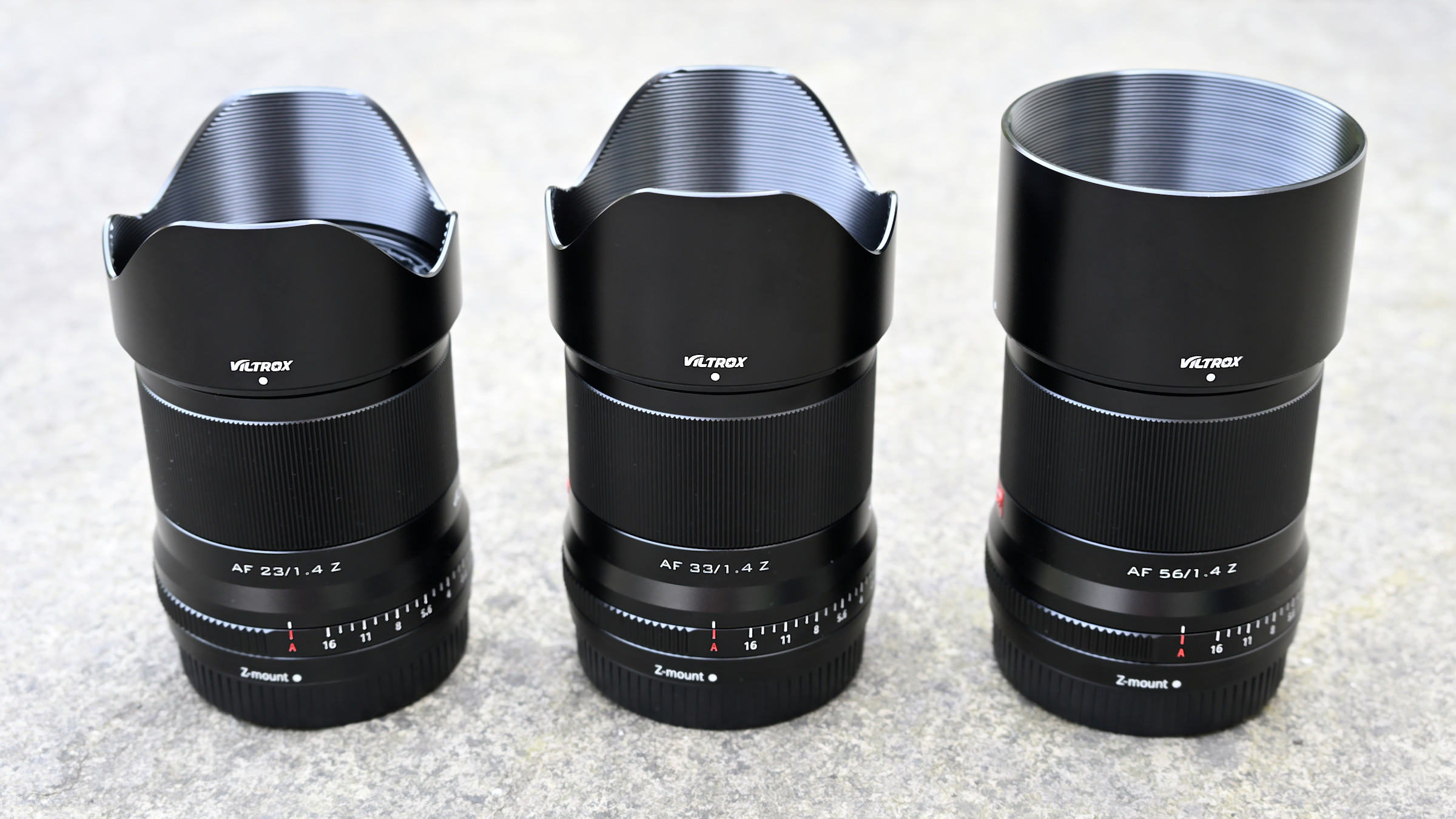
Performance
Fast lenses often have a drop-off in sharpness when shooting wide-open, and this Viltrox is no exception. Even so, levels of sharpness are very respectable at f/1.4 and really get into their stride at f/2. Axial chromatic aberration is another common problem with wide-aperture lenses but the Viltrox controls this very well, giving negligible color fringing around high-contrast edges in a scene that are just in front of or behind the point of focus. Vignetting is also minimal for such a fast lens.
Autofocus proved consistently accurate in our real-world tests, shooting a wide range of subjects. Overall performance and image quality are excellent, making this Viltrox lens supremely great value at the price.
Sample images



Lab results
We run a range of lab tests under controlled conditions, using the Imatest Master testing suite. Photos of test charts are taken across the range of apertures and zooms (where available), then analyzed for sharpness, distortion and chromatic aberrations.
We use Imatest SFR (spatial frequency response) charts and analysis software to plot lens resolution at the center of the image frame, corners and mid-point distances, across the range of aperture settings and, with zoom lenses, at four different focal lengths. The tests also measure distortion and color fringing (chromatic aberration).
Sharpness:
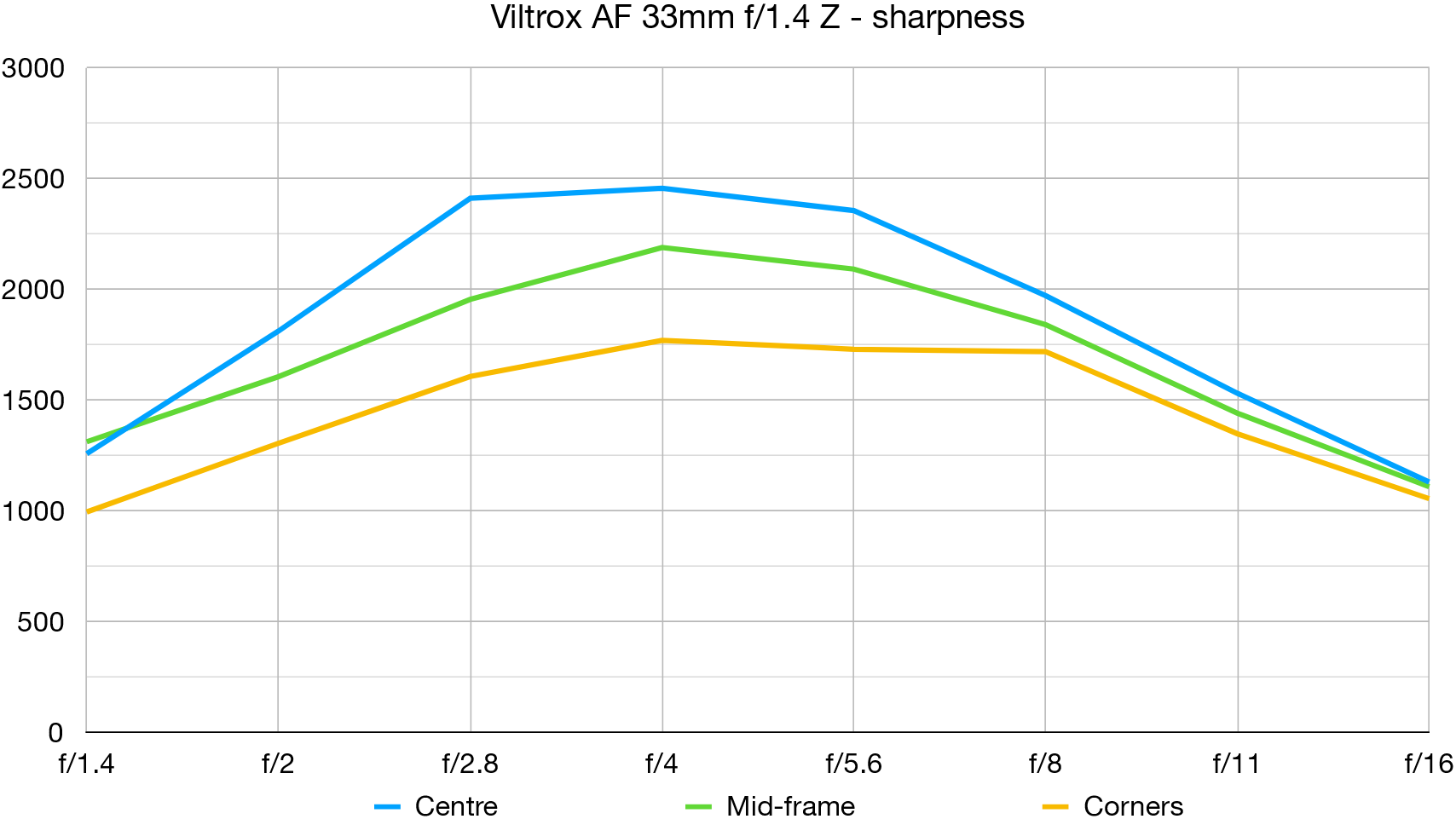
Sharpness is both excellent and very consistent across the entire image frame at most aperture settings. As is often the case with fast lenses, it drops off a bit when shooting wide-open but is still very good. There’s also the equally typical drop-off at the narrowest aperture of f/16, due to diffraction.
Fringing:
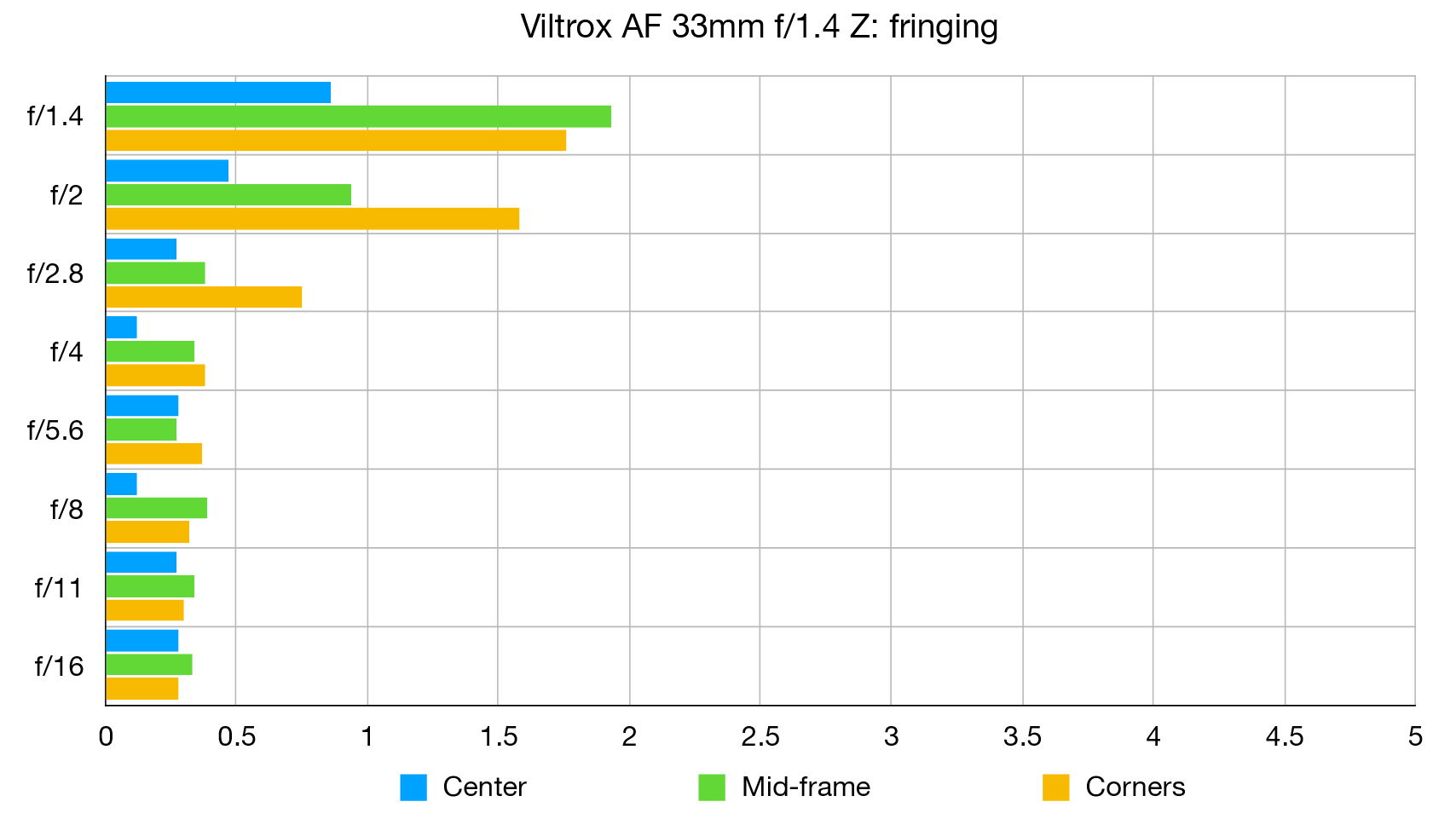
Lateral chromatic aberration can be slightly noticeable when shooting at wide apertures between f/1.4 and f/2, but dies away at narrower apertures. Automatic in-camera correction is generally available anyway.
Distortion: 1.32
There’s a touch of pincushion distortion but not enough to be noticeable in the vast majority of shooting scenarios. It’s of a uniform nature anyway and easy to correct at the editing stage. As with lateral chromatic aberration, automatic in-camera correction is generally available.
Verdict
Don’t be put off by this lens’s budget price tag. It’s immaculately turned out in a full metal jacket, including mounting plate, casing and petal-shaped hood. It also has refined handling characteristics complete with an aperture control ring and smooth-action focus ring, electronically coupled to its fast and consistently accurate linear stepping motor autofocus system. The Viltrox delivers excellent all-round performance and image quality and is a steal at the price for Canon EOS M, Fujifilm X, Nikon Z DX and Sony E system cameras.
Read more:
• Best camera lenses to get
• Best Canon lenses
• Best Nikon lenses
• Best Sony lenses
Matthew Richards is a photographer and journalist who has spent years using and reviewing all manner of photo gear. He is Digital Camera World's principal lens reviewer – and has tested more primes and zooms than most people have had hot dinners!
His expertise with equipment doesn’t end there, though. He is also an encyclopedia when it comes to all manner of cameras, camera holsters and bags, flashguns, tripods and heads, printers, papers and inks, and just about anything imaging-related.
In an earlier life he was a broadcast engineer at the BBC, as well as a former editor of PC Guide.
